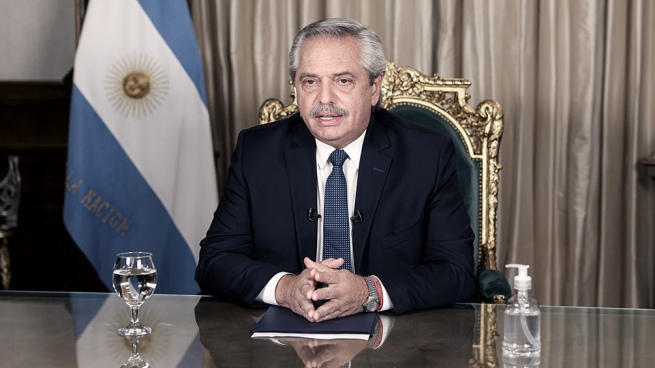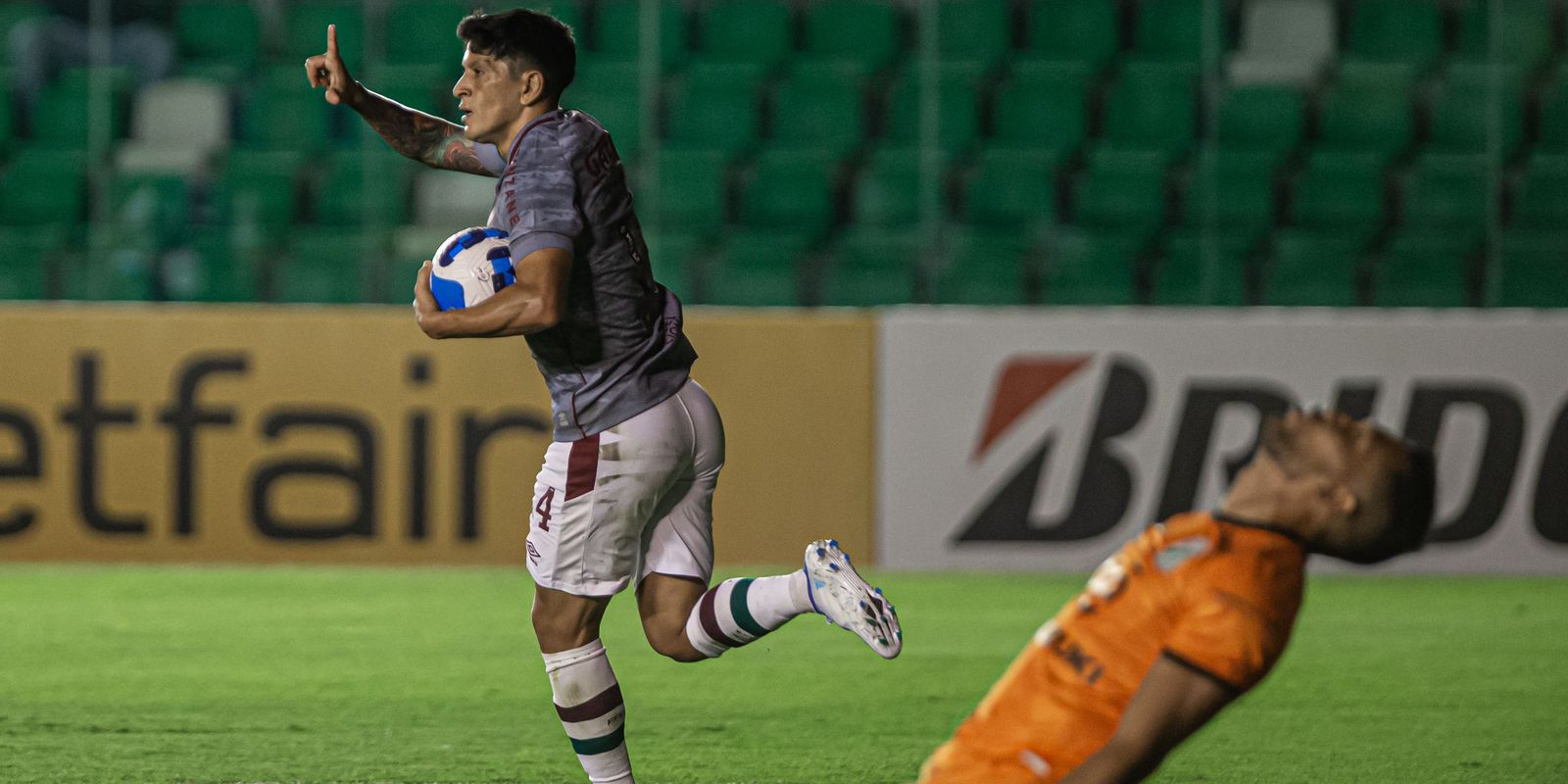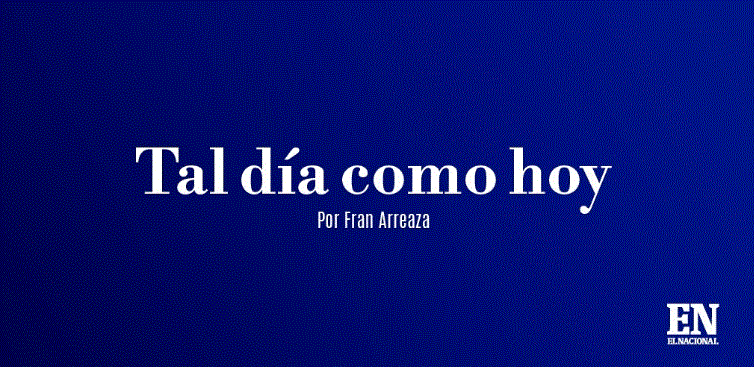Argentina again expressed this Thursday its rejection of the decision of the United States (USA) to exclude Cuba, Venezuela and Nicaragua from the IX Summit of the Americas, and insisted on claiming that the conclave to be held from June 6 to 10 in Los Angeles it will take place “without exclusions”, while President Alberto Fernández is still evaluating whether or not he will participate in the continental meeting.
In the midst of the uncertainty that exists around this meeting and the claims of several Latin American and Caribbean countries to Washington, Alberto Fernández received this Thursday afternoon at the Casa Rosada Christopher Doddspecial advisor to the Government of the United States for the IX Summit of the Americas, and to whom Joe Biden entrusted the task of ensuring the participation of the leaders of the three largest countries in the region (Argentina, Brazil and Mexico) at the summit of the Angels.
The meeting between the president and the former Democratic senator was held in the presidential office of the Casa Rosada, between 3 and 5:30 p.m. and the chief of staff, Juan Manzur, also took part; and the Secretary for Strategic Affairs of the Presidency, Gustavo Beliz; official sources reported.
“Argentina is going to work for the success of the Summit, with everyone included,” Fernández made it clear to the US envoy, to whom he did not confirm his presence at the summit, they trusted from the Casa Rosada.
Fernández’s meeting with Dodd took place almost in parallel to the joint press conference that, in the Aztec capital, was offered this Thursday by foreign ministers Santiago Cafiero and his counterpart from Mexico, Marcelo Ebrard, where they exhibited the shared position between both nations and returned They demanded that the US, host of the summit, invite all countries, although they did not give specific definitions about the attendance or not of Fernández and the Mexican Andrés Manuel López Obrador (AMLO) in the continental conclave.
In the meeting at Government House, which took place in a friendly tone, Fernández spoke in his capacity as president of the Community of Latin American and Caribbean States (Celac) and told Dodd some comments on US foreign policy towards the region.
?️ “In our continent we have a country that has been economically blocked for 6 decades and survives as best it can. We should be ashamed that this happens.” President @alferdez at the III Regional Meeting of Ministers of Education of Latin America and the Caribbean. pic.twitter.com/EOVaIHrhJZ
– Alberto Fernández Press (@alferdezprensa) May 26, 2022
The United States has had “a difficult policy” with Donald Trump “and not much has changed with the new management regarding Latin America,” the Argentine president told Dodd and said he felt “ashamed” that “there is a 6-decade blockade against Cuba and from 5 years to Venezuela and that it has not changed during the pandemic”, something he had said this morning when participating in the San Martín Palace of the III Regional Meeting of Ministers of Education of Latin America and the Caribbean (CELAC).
In that speech, Fernández pointed to the reality on the American continent and stressed that there is “a country that has been economically blocked for 6 decades and survives as best it can” and another that was “blocked in the midst of the coronavirus pandemic”, referring to economic embargoes imposed by the United States on Cuba and Venezuela, respectively.
“We should be ashamed that this happens on our continent,” the president said hours before receiving Dodd. and at a time when Fernández must decide whether to participate in the meeting scheduled for June 6 to 10 in Los Angeles.
Washington has already announced that it will not invite the governments of Cuba, Venezuela and Nicaragua to this multilateral meeting, which pushed López Obrador and other leaders to reject participation in that conclave.
In this regard, this Thursday morning the government spokesperson, Gabriela Cerruti, reiterated that Argentina – which has the pro tempore presidency of Celac – has been raising the need for a summit “without exclusions” and, according to reports, the Casa Rosada will define the concurrence of the President during the next week.
In his meeting with Dodd, the head of state proposed “opening all debates” at the Summit and not only that of health linked to the coronavirus pandemic.
Spokespersons close to Fernández indicated that Dodd “took these considerations into account” and advanced that “they will continue with the conversations”, and that “they will depend on how they evolve” and “to what extent they can open” those requests, so that Fernández later confirms his assistance or not. At the climb.
However, in The Government considered that the arrival of Biden’s envoy “was a gesture” because “they are interested in the Argentine presence at the Summit”, even more so with the presence of Fernández “as president of CELAC”.
With Santiago Cafiero, Foreign Minister of Argentina who is visiting our country. Great conversation about CELAC, the non-exclusion of countries in the Summit of the Americas, our cooperation for vaccines, medical equipment, food, space exploration and culture. I work in common. pic.twitter.com/M74vIOnKiX
– Marcelo Ebrard C. (@m_ebrard) May 26, 2022
For his part, Dodd – who for the same purpose in recent hours also met with the president of Brazil, Jair Bolsonaro, who has already confirmed his presence at the California summit – stated: “President Biden asked me, in my role as special adviser to the White House for the Summit of the Americas, to meet with leaders from across the region, including Argentina, to collaborate on our positive agenda for the summit.
“In my meetings with President Alberto Fernández and Secretary of Strategic Affairs Gustavo Beliz, I emphasized the strength of the United States’ relationship with Argentina, built on our shared commitment to democracy., human rights and economic prosperity. I reiterated our hope that Argentina will be an active participant in the summit, which is especially important given its role as a regional leader,” she added.
“The Summit of the Americas will focus on some of the most vital issues that we share throughout the hemisphere,” Dodd said, adding that “these include ensuring effective democracy in all countries; strategize on ways to meet our shared climate goals; work on a strong and collaborative response to Covid-19; and address economic instability and human rights.”
“Argentina is a leading voice in these areas and will have much to contribute to these discussions at the summit, which will help improve the lives of people throughout our hemisphere,” praised the American.
Before the meeting, Beliz and Dodd shared a lunch in the secretary’s office at Government House, the sources added.
Earlier, at the joint press conference offered in the Federal District, Cafiero and Ebrard once again marked the rejection of both countries to Washington’s determination to leave the governments of Caracas, Havana and Managua out of the continental forum and contrasted the attitude assumed by the US for this summit with the reality shown by CELACa mechanism that gives a “very valuable testimony” to the world in which “without exception, all countries participate, are respected and all voices are heard” despite their “diversity,” according to Foreign Minister Cafiero.
In his usual morning press conference, AMLO confirmed that Mexico has already received the invitation to the summit from Washington and indicated that this Friday he could report whether or not he finally goes to the continental meeting.
“Tomorrow it is likely, I am not sure, we are going to define the situation regarding the summit (…) yesterday I received the invitation,” said the Mexican president, and indicated that his administration is evaluating a “series of factors” and that one of the center-backs to make the decision to participate in the meeting will be the one that “invites everyone”.
The United States, meanwhile, assured that under no circumstances will it invite representatives of the Venezuelan government of Nicolás Maduro to the Summit of the Americas.
“Absolutely not. We do not recognize it as a sovereign government,” Kevin O’Reilly, coordinator of the Summit, told a Senate committee when asked about the participation of the Maduro government, according to the AFP news agency.
The United States considers the Maduro government illegitimate and recognizes opposition leader Juan Guaidó as interim president.
Asked about the possible participation in the summit of the president of Nicaragua, Daniel Ortega, O’Reilly was also definitive. “No,” he stated.
He was less blunt when answering questions about the possible participation of representatives of the Cuban government: noting that the White House was in charge of the matter, but that to his knowledge no invitation had yet been sent.








